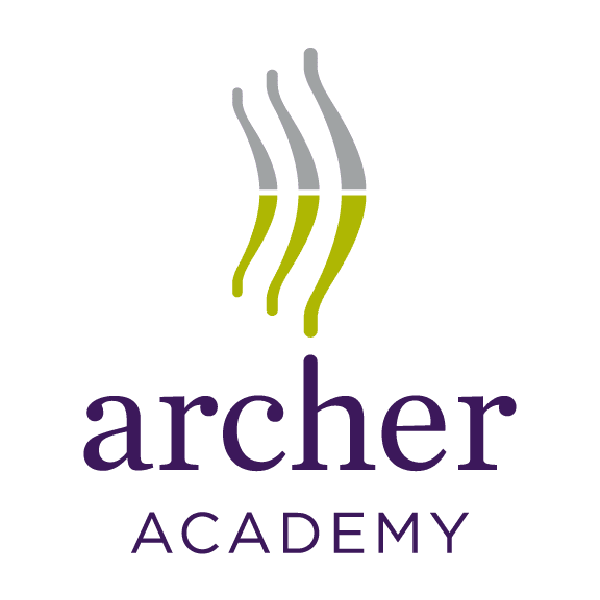
What will I be learning about in Year 7?
In Year 7 you will be learning about the world around you and how different processes work together. You will build your scientific literacy and use the skills from maths in a practical setting while becoming young scientists. Your first topic will take you to the world of the very small, where you will learn about cells and some functions of the human body. Other topics include the skeletal & muscular system, food chains and webs, reproduction, electricity and energy, particles and chemical reactions, acids and alkalis, elements, compounds & mixtures, food & digestion, light & sound, and forces & space.
As well as learning lots of interesting facts, you will develop the skill of analysing results to see what they actually show. You must be able to critically analyse information and apply your scientific knowledge to unfamiliar situations. To help you become good scientists you will be required to write up some lab reports during the course of the year from the practical science work you will be carrying out.
How will it be different from primary school?
You will have three challenging and interesting lessons a week on science. Some will be theory lessons in which you will learn the science behind the fantastic things you will see. The others will be practical based, in which you will get the opportunity to test out what you have learnt or investigate a phenomena to come up with your own ideas.
You will have very clear objectives to help structure your journey through the lessons and topics. You will be working independently as well as in groups or pairs. Your lessons will include experiments that you will not have seen before and will be made even more interactive by using the iPads to delve deeper into the topic.
Who will my teachers be?
You will have one of the following teachers:
Miss Mahmood
Mr Fordah
Mr Wick
How will I be assessed?
At the beginning of Year 7, you will have a test so we can gain an idea of how far your scientific knowledge has developed.
At the end of every unit of work, you will have an assessment either as an end of unit test or as an assessed homework, based on the topic and skills you will have developed in that unit. These will be marked and you will receive a level for each one. You will then have some time to reflect on this and think about what you need to do to further your progress in the next one.
Towards the end of the year, you will sit a final exam on all the topics covered in the year, so we can see your overall progress for the year.
What can I do to help myself get off to an excellent start?
Develop your curiosity. Try to read up on things that you find interesting such as: Why is the sky blue? Why is it better to sit under a tree on a really hot day? Why can some insects walk on water? If you find some words that you are not sure of look them up in the dictionary.
You may want to read up on some famous scientists such as Marie Curie, Rosalind Franklin, Richard Feynman, Michael Faraday and Nicoli Tesla to get an idea of how these curious characters made their amazing discoveries. You will find out later about our Science summer challenges too – look out for these, not only are they a great chance to get ready for Science at the Archer but you can begin to collect house points too!












